Product pictures
| Amount Per 3 pieces, 85 g | |||
| Calories | 180 Kcal (754 kJ) | ||
| Calories from fat | 90 Kcal | ||
| % Daily Value* | |||
| Total Fat | 10g | 15% | |
|---|---|---|---|
| Saturated Fat | 2.5g | 13% | |
| Cholesterol | 5mg | 2% | |
| Sodium | 550mg | 23% | |
| Potassium | 140mg | 3% | |
| Total Carbs | 15g | 5% | |
| Sugars | 3g | 12% | |
| Dietary Fiber | 2g | 8% | |
| Protein | 8g | 16% | |
| Vitamin C | 6mg | 10% | |
| Vitamin A | 0.1mg | 4% | |
| Iron | 2.3mg | 13% | |
| Calcium | 60mg | 6% | |
* Percent Daily Values are based on a 2000 calorie diet. Your daily values may be higher or lower depending on your calorie needs.
Find out how many calories should you eat.
Ingredients And Nutrition Overview
Best
choice Good
choice Poor
choice Avoid
it!
choice Good
choice Poor
choice Avoid
it!
-
WeightWatchers Points: 4, PointsPlus: 5, SmartPoints: 6
WeightWatchers Points are estimated by carbohydrates, fats, protein and fiber in product. They are not an affirmation of better quality or nutritional value of the product or its manufacturer. Only way to count for dieters. Less points are better.
Read more at Weight watchers diet review -
Much saturated fat
Too much saturated fat raises blood cholesterol, that can increase the risk of heart disease.
This fact has been approved by most health organizations in the world.
You have to limit the intake of it by your recommended daily intake.
Ideally, we should eat less than 10% of calories from saturated fat, so the reference value for an average adult is 24 grams daily.
Remember: a 1-ounce slice of regular cheese has nearly 5 grams of saturated fat.
Read more about fat -
Salty! Has over 23% of the daily sodium max
The average American consumes 5,000 mg of sodium daily — twice the recommended amount amount of 2400mg for healthy adults, this is 1 teaspoon of salt.
For medical reasons many people should not exceed 1500mg of sodium.
Surprisingly, you're responsible for only 15% of the sodium in your diet the bigger part - 75% of the sodium that you consume each day comes from processed foods, not home cooking or the salt shaker.
Excess sodium intake increases the risk of high blood pressure, hypernatremia, hypertension, cardiovascular disease and other heart problems.
Are these reasons enough to cut the sodium intake? No doubt! -
Convert Salt tsps to Sodium mg easily
Salt (NaCl) is not excactly sodium (Na).
It is not right to use these terms as synonyms.
The FDA recommended limit of sodium is 2,300 mg per day (or even less - about 1500 mg while one is on low sodium diets).
This is much less than the weight of salt.
(5,750 mg per day or 3,750 mg for low sodium diet) and not so convenient to calculate.
Know how much sodium is in your salt - without a calculator:
1/4 tsp salt = 600 mg sodium
1/2 tsp salt = 1200 mg sodium
3/4 tsp salt = 1800 mg sodium
1 tsp salt = 2300 mg sodium -
Great! Contains less than 1.5 tsp of sugar.
Great! Contains less than 1.5 tsp of sugar per serving!
-
More than 8% daily fiber!
Eat more fiber. You've heard it many times. But why it is so good for your health?
Dietary fiber is best known for its ability to make our digestion going right.
So want to prevent or relieve constipation - eat more fiber!
There are also other great health benefits as well, such as lowering your risk of diabetes, heart disease and cancer, and helping to maintain a healthy weight by helping to feel you full longer.
The best source of fiber are fruits, vegetables, whole grains and legumes and not processed foods with added fiber. -
A good source of protein
For many vegans and vegetarians, it's important to get enough protein.
The product you've just scanned will provide you with 16% or more of your daily protein requirement.
If you're a vegan having trouble meeting your protein needs, try nuts and beans.
Sprinkling nuts onto any dish is a quick, easy and nutritious solution.
Try adding beans in places you might not normally eat them.
Add beans to pasta dishes, stir fries and even salads.
While meat alternatives like Tofu do provide a quick and easy protein intake, they should not be your only source of protein.
Eat proteins from a variety of sources for best results. -
Interested in getting more protein?
Protein is important, but some of the protein you find in this product isn't exactly natural.
The protein comes from one of the following sources:
- milk protein concentrate
- whey protein isolate
- soy protein isolate
and that it's not ideal to get protein only from processed goods.
If you're looking for more protein, try beans, quinoa, nuts, seeds, peas and spinach & leafy greens.
Not only do they have protein, they're filled with other vitamins and minerals. -
Learn about veggies and iron
Veggies such as broccoli, bok choy, spinach, parsley and most leafy greens are naturally high in iron.
However, compared to other high-iron foods, like red meat, fish and poultry, the iron in plant foods is not absorbed as easily by the body. What can you do to increase the absorption of iron from these plant foods?
- Vitamin C increases the absorption - so try having a fresh tomato, lemon juice, or an orange together with your high iron food
- Avoid drinking too much coffee - caffeine can decrease the absorption of iron
- In addition to caffeine, the tannins found in tea can also reduce iron absorption
- If you are a vegetarian, try having iron-fortified breakfast cereals, legumes, and eggs
-
Carrageenan is an additive made from seaweed.
It is used as a thickener in products such as ice cream, jelly, chocolate milk, infant formula, cottage cheese.
It is a vegetarian and vegan alternative to gelatin.
It has been used for hundreds of years in Ireland and China, but only made headway into modern food processing in the last 50 years.
The processing steps after harvesting the seaweed include drying, grounding, filtration, treatment with potassium hydroxide, removal of cellulose by centrifuge, concentration by evaporation, drying, and grounding.
Interestingly, the Philippines account for the vast majority of the world supply of carrageenan.
In some animal studies, carrageenan was shown to cause intestinal lacerations and tumors.
A 2001 meta-study of 45 peer-reviewed studies concluded that carrageenan consumption may result in gastrointestinal malignancy and inflammatory bowel.
The FDA has approved carrageenan as safe, basing its decision on industry funded studies.
European agencies and the World Health Organization have also deemed carrageenan safe, with the exception of infant formula.
The fear is the a baby's gut may be unable to handle the large carrageenan molecules.
In some individuals carrageenan may cause intestinal discomfort or worse. -
Contains MSG-like ingredients
People feeling reaction to MSG may also react adversely to MSG-like substances.
Glutamates or chemically similar items are added to improve a product's taste.
Here is a short list of common MSG-like substances:
- Yeast extract
- Autolyzed yeast
- Hydrolyzed proteins
- Textured proteins
- Anything "enzyme modified"
Allergens
Gluten Allergy, Wheat Allergy, Lactose Allergy, Milk Allergy, Corn Allergy, Soy Allergy, Eggs Allergy
Veggie bites breaded, broccoli cheddar Ingredients
Broccoli, Water, Bleached Wheat Flour, Cheddar Cheese (Pasteurized Milk, Salt, Cheese Culture, Enzymes, Annatto Color), Corn Oil, Wheat Protein, Enriched Wheat Flour (Flour, Niacin, Reduced Iron, Thiamin Mononitrate, Riboflavin, Folic Acid), Contains Two Percent or Less of Soy Protein Isolate, Salt, Egg Whites, Garlic, Sugar, Natural and Artificial Flavors, Yeast Extract, Methylcellulose, Whey, Yellow Corn Flour, Yeast, Spices, Onion, Paprika, Citric Acid, Disodium Inosinate, Disodium Guanylate, Leavening (Baking Soda, Sodium Acid Pyrophosphate), Maltodextrin, Hydrolyzed Corn Protein, Modified Corn Starch, Cornstarch, Dextrose, Xanthan Gum, Lactic Acid, Carrageenan, Niacinamide, Iron (Ferrous Sulfate), Autolyzed Yeast Extract, Thiamin Mononitrate (Vitamin B1), Guar Gum, Pyridoxine Hydrochloride (Vitamin B6), Nonfat Dry Milk, Riboflavin (Vitamin B2), Turmeric for Color, Vitamin B12.
You Might Also Like
% RDI of Main Nutrition Facts
9%
of RDI* (180 calories) 85 g
-
Cal: 9 %
-
Fat: 15.4 %
-
Carb: 5 %
-
Prot: 16 %
-
0%25%75%RDI norm*
Calories Breakdown
- Carbs (33%)
- Fat (49.5%)
- Protein (17.6%)
Get Your Recipe of Health!
Follow RecipeOfHealth on Facebook!

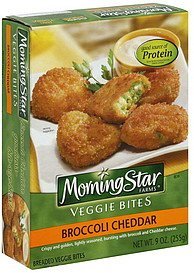

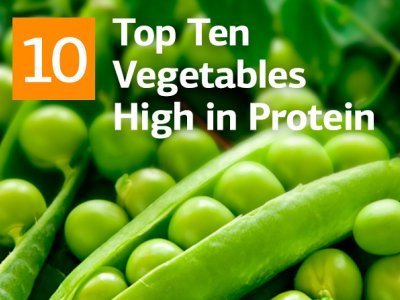

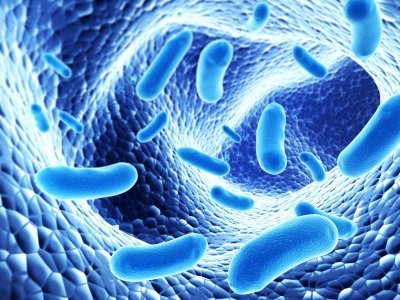


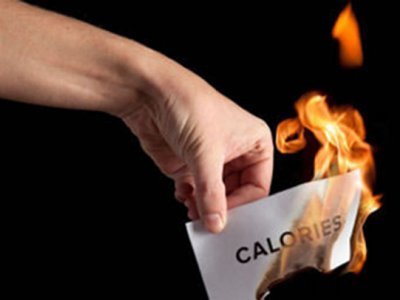
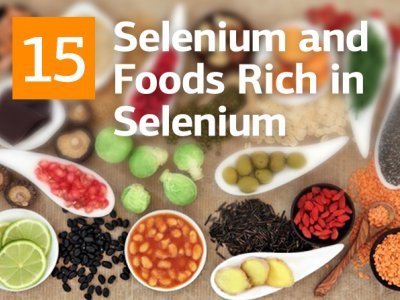
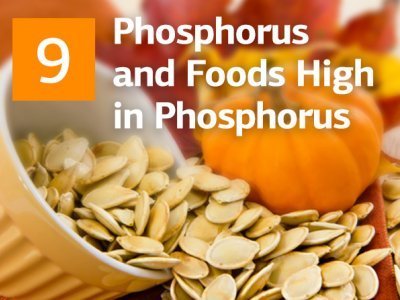
Add your comment